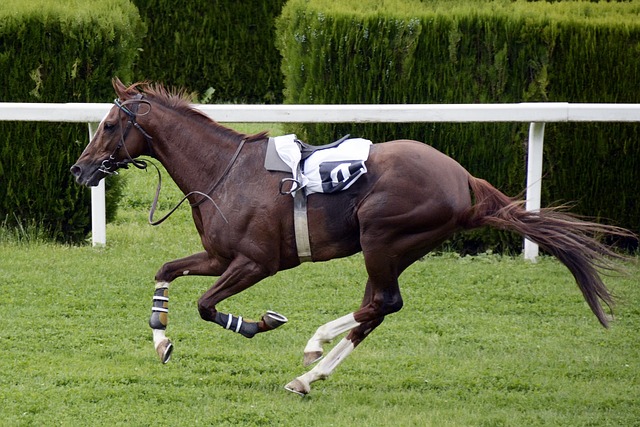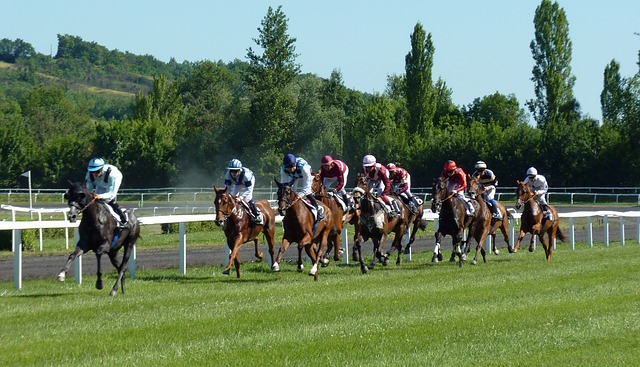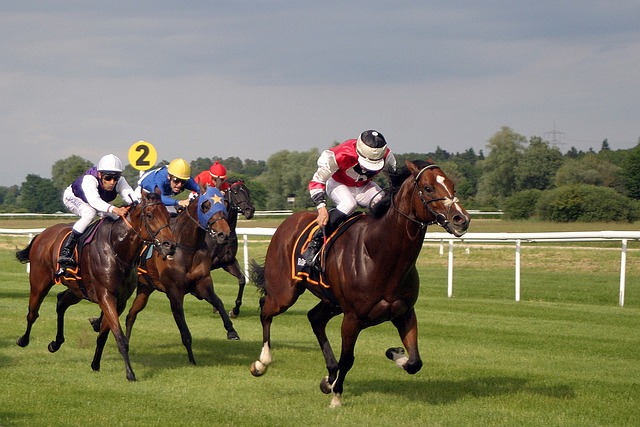In the vibrant heart of the French Revolution, between cries of freedom and the echo of footsteps on the stones of Paris, there was a lesser-known but significant element: the world of betting. Speaking of betting but in the 18th century, this phenomenon had another face, intertwined with the events that changed history.
The betting of the nobility: a dangerous pastime
Before the revolutionary turmoil, the French nobility were known for their love of gambling. The salons of Paris resounded with laughter and the jingle of coins. Here, between one card game and another, alliances were formed and plots were hatched. Queen Marie Antoinette herself was known for her passion for gambling, a passion which, according to some rumors, led her into enormous debt. These debts, among other things, contributed to fueling popular discontent.
Necker’s Gambit: The Daring Game of Finance

Imagine Jacques Necker, the director general of finance, as a gambler sitting at a table where the stakes are not coins, but the future of an entire nation. His bold move? Radically reform the French tax system. Necker, with the passion of a visionary and the precision of a mathematician, proposed to redistribute the burden of taxes, a burden that until then had mercilessly crushed the shoulders of the poorest classes.
Imagine the scene: nobles in silk and lace turning up their noses and bishops in cassocks raising their eyebrows in disapproval. Necker’s bet was not just against numbers, but against an entire system of entrenched privilege. When his proposal met the immobile wall of aristocratic and clerical opposition, it was like a spark in a powder keg.
His removal in 1789 was not just the downfall of a man, but the prelude to a revolution. In that failed bet, there was the seed of an epochal change, a challenge that would shake the foundations of French society. Necker’s gamble, in all its dramatic audacity, was a decisive chapter in the tumultuous tale of the French Revolution.
Revolutionary gambling: betting on the guillotine
During the time of the Terror, betting took on a more macabre tone. The practice of betting on the identity of the next guillotine victims was widespread. These morbidly ironic games reflected the dark and uncertain atmosphere of those years and the indifference towards the value of human life.
Curious anecdotes: the gambling of sans-culottes
Not only the nobility, but also the people participated in games of chance. The sans-culottes, a symbol of the revolutionary people, were known to gather in taverns where they gambled. Here, between one game and another, politics was discussed and plans for future insurrections were formulated. According to some traditions, it was during one of these matches that the assault on the Bastille was conceived.
The challenge of the Revolution: an epochal change

The French Revolution itself can be seen as a great gamble. The French people bet on the possibility of radical change, challenging the established order. This daring game ushered in a new era, marking a turning point in world history.
Lafayette’s gamble: heroism and diplomacy
Among the key figures of the French Revolution, the Marquis de Lafayette stood out for a courageous bet: uniting his destiny with that of the revolution. Officer and aristocrat, Lafayette embodied the union between courage and diplomacy. His decision to support the American cause first and the French one later was a personal gamble that risked not only his social position, but also his life.
